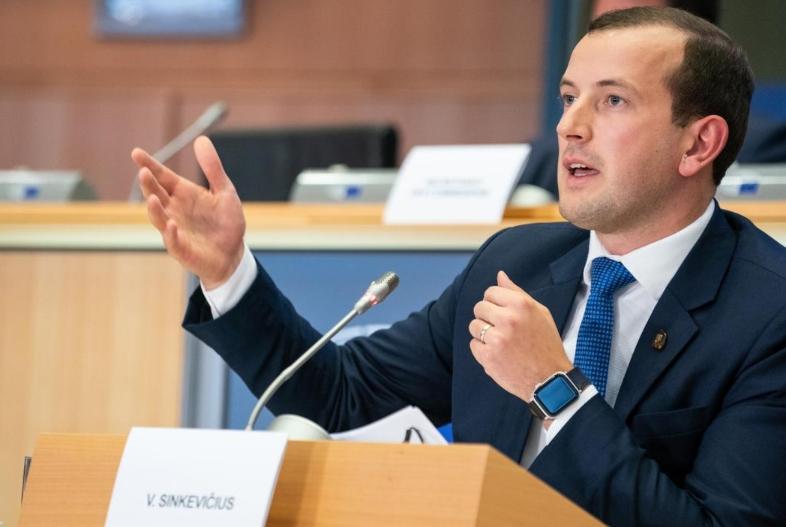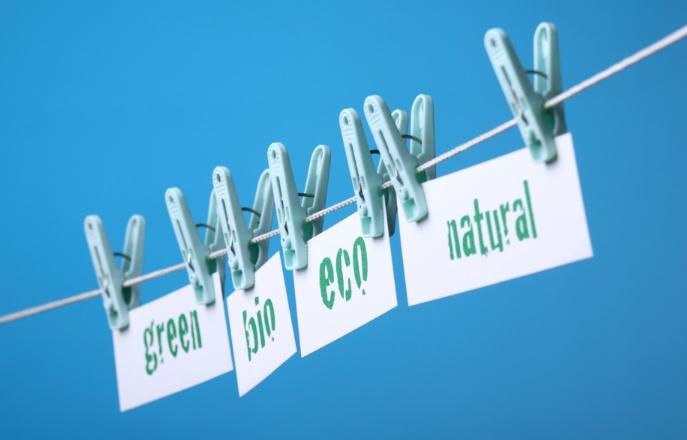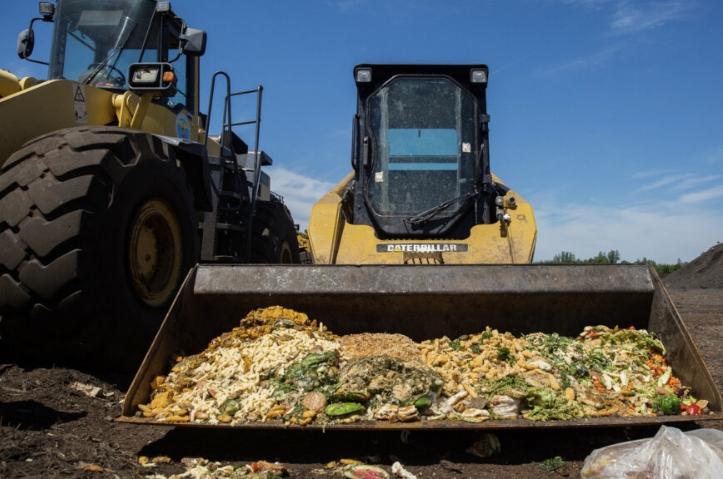Derived from natural sources. Eco-friendly. Completely organic. No animal cruelty. Organic. These are only a handful of the 230 eco-labels present on products and services sold within the European Union presently. However, can these labels be relied upon?
Not quite.
According to the European Commission, approximately 53% of the environmental assertions made by companies consist of ambiguous, deceptive, or unsupported information, while 40% are entirely unsupported.
Greenwashing is a dishonest marketing tactic aimed at masking products as carbon-neutral. It is widespread throughout the EU due to the abundance of labels, brands, and designations that perplex consumers and obscure the boundary between sustainability and pollution.
Civil society and activists have been advocating for a more stringent approach towards this issue for many years. As the climate crisis has intensified, this phenomenon has gained popularity and sophistication. In this context, on Wednesday, the European Commission announced a fresh set of regulations that will require companies to substantiate their environmentally friendly assertions with trustworthy scientific proof.
Before placing their products on store shelves, companies seeking to use an eco-label must undergo an independent verification process. The information about the production process should be readily accessible to consumers, for instance, through a QR code or a website link, to enable them to comprehend the process.

On Wednesday, when the proposals were unveiled, Virginijus Sinkevičius, the EU Commissioner for the Environment, stated:
“Our main objective is to ensure that consumers receive reliable information that is coherent and corroborated. We aspire for environmental labels that are more comprehensible and transparent.”
“Distinguishing reality from falsehood”
The Green Claims Directive, the new legislation, will not create a standardized EU-wide eco-label or prohibit the use of current eco-labels. Instead, the standards for the various eco-labels already available in the market will be standardized. The decision to use an eco-label will remain a corporate decision that companies can choose to make or not. Nevertheless, if they opt to use one, they must adhere to the criteria outlined in the policy.
Companies that disregard the regulations and persist in greenwashing will be subject to penalties, such as fines, revenue confiscation, and disqualification from public contracts.
“Companies frequently employ environmental assertions to promote their products, and it’s quite challenging for consumers to differentiate between what’s genuine and what’s not,” remarked Sinkevičius.
The official EU Ecolabel is exempt from the regulations since it already adheres to the requirements for third-party validation. The legislation introduced on Wednesday will be discussed between member states and the European Parliament before being enacted.
Sinkevičius implied during his press conference that “most” of the eco-labels that lack substantiated evidence would disappear following the implementation of the directive, but refrained from providing a precise figure. The European Environment Bureau (EEB) praised the directive as “a promising instrument to eliminate the deceitful claims that are muddling the waters of sustainability,” but lamented the absence of a clear prohibition on green claims for products that contain dangerous chemicals.



